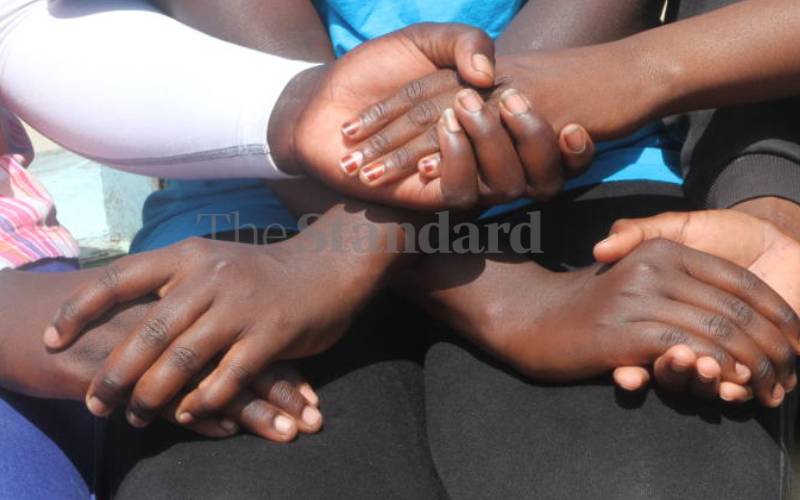×
The Standard e-Paper
Join Thousands Daily

Violence in marriages has been cited as one of the major stumbling block to the rights of children.
According to County director for Children Services Kungu Mwaniki, the vice affects the freedoms and rights of children, including their right to protection and quality education.